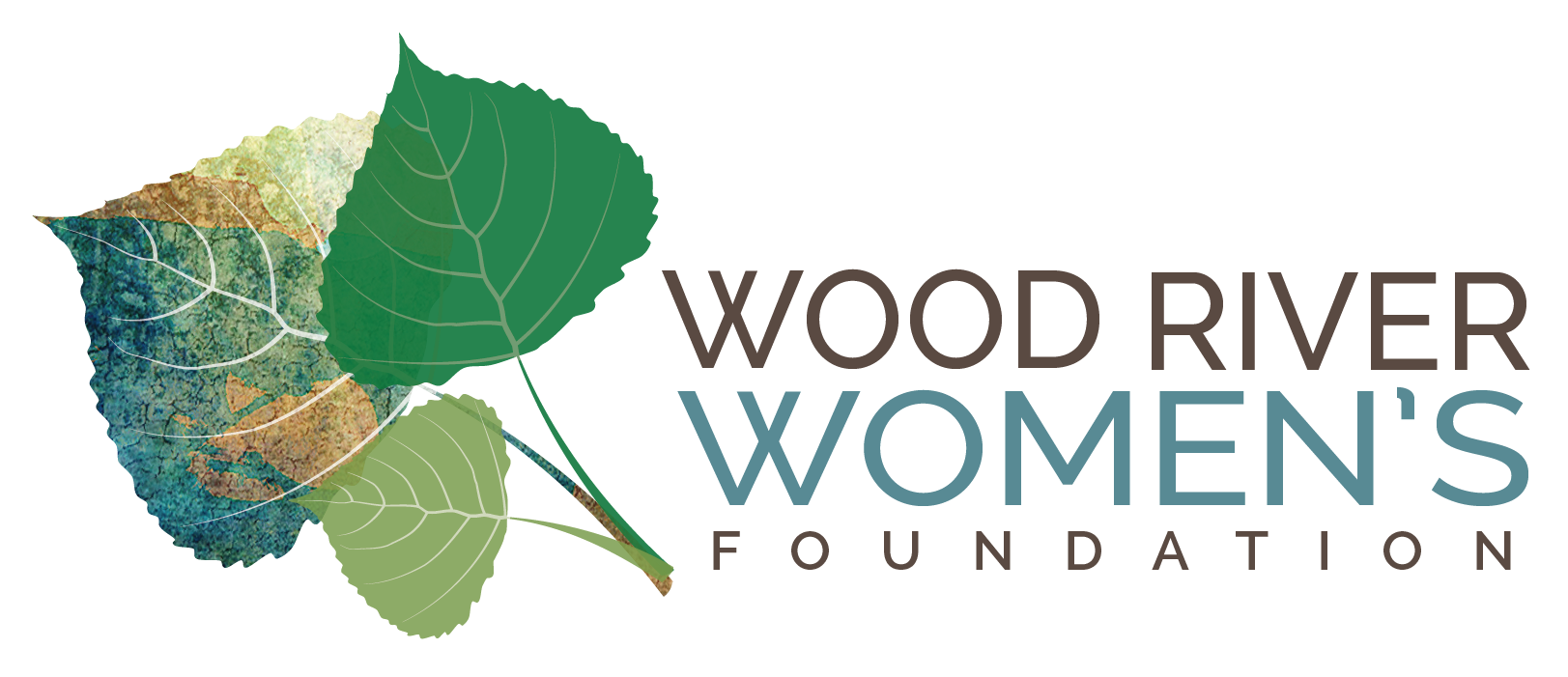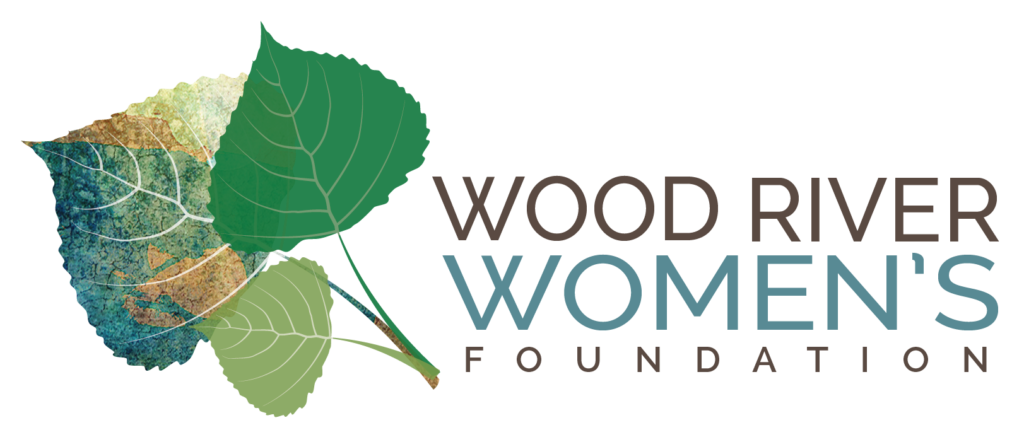The first year’s $200,000 in funding will go in part to fund a “lead collaborator” position, at an undetermined salary, to head up the project.
“We are excited to join with the communities across Idaho who are celebrating the ‘Week of the Young Child’ with Idaho AEYC,” said Terri Bullock, president of the Wood River Women’s Foundation. “We believe all young children should have the opportunity to learn, grow and thrive. WRWF members are honored to make this significant investment in support of all local families.”

